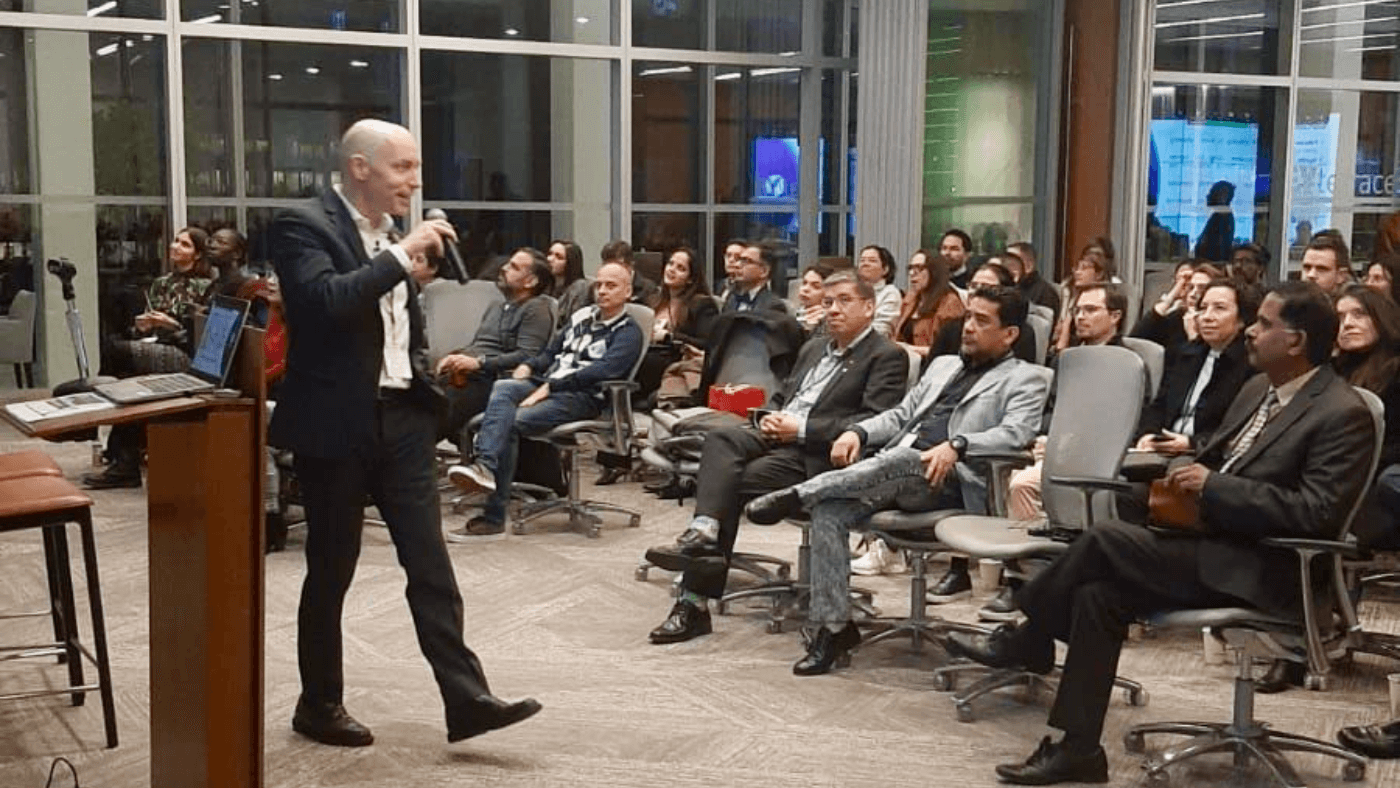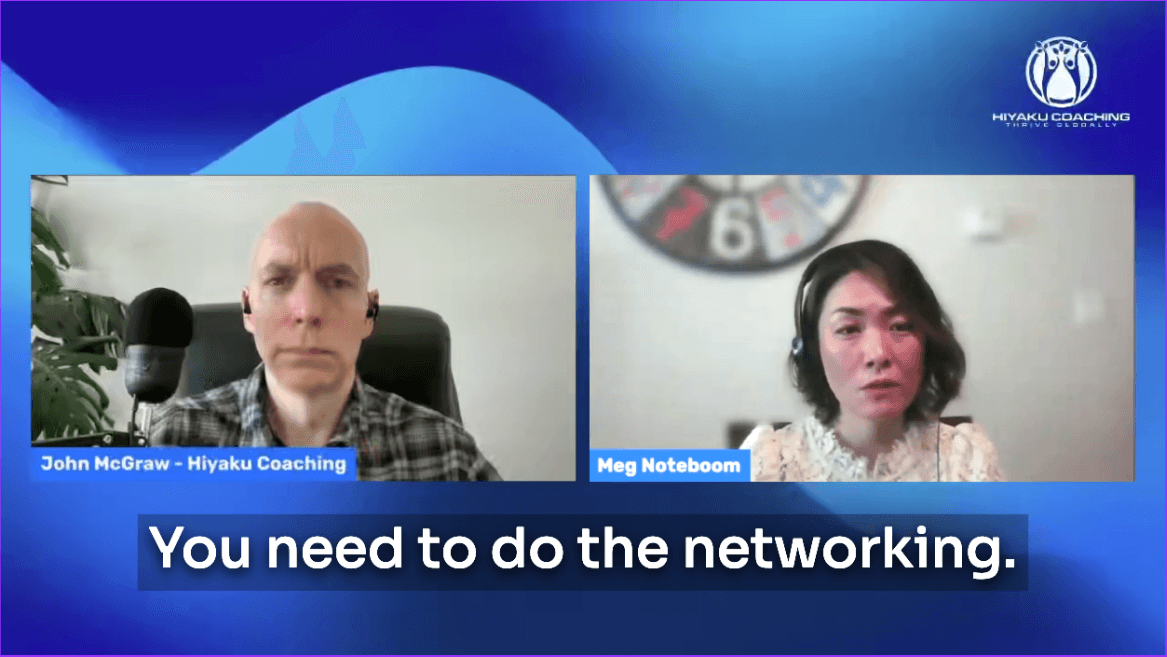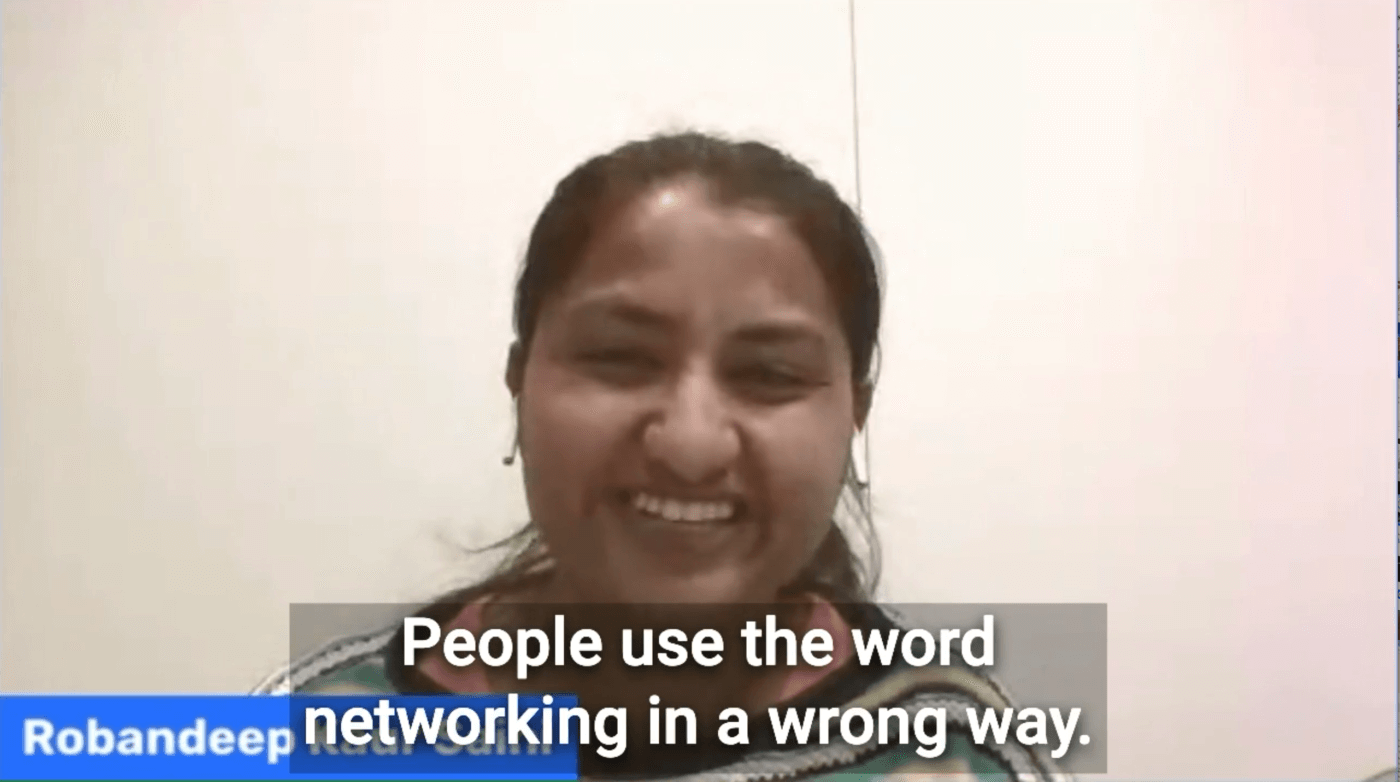My Earliest Experiences
Hello, and welcome to the first blog post of the Hiyaku (pronounced He-yaku) Coaching Newsletter. I'll start off this issue by talking a little bit about cross-cultural coaching and why I went down this path.
From as early as I can remember, I have been exposed to multiple cultures. Some time ago, my Irish mother and Canadian father met as teachers and missionaries in Nigeria. After they moved to Canada, many of my parents' former students who were able to make the trip visited frequently.
One of these former students, Eme (pronounced M.A.) became a close family friend. He often babysat my brother and I after we were born. Eme was such a constant presence at our home that my brother mentioned him in kindergarten as part of a family show-and-tell.
"I have a mother, a father, and an Eme," he told his class, according to my father. "What, you don't have an Eme?"
Going to Japan
However, the real origins of my journey into cross-cultural coaching began in 2005, when I moved to Japan to teach English. It was my first time living and working outside of Canada.
This picture was taken during my first week in Japan. You can see that even back then, I was as bald as I am today.
I was aware of the need to make a good impression in a new environment, so when I was hired, I eagerly read through the slim manual that my new employer provided me on do's and don'ts about Japanese culture: How to handle business cards, how to properly greet neighbours, and so on. I also did my own research on the internet, finding every bit of information I could on how to survive in Japan.
All of this information was helpful at first, but in the long term, it didn't mean much.
Why do I say that? Well, as useful as those tips were, they were very much about surface expectations. "Do this because the Japanese consider it respectful" without much explanation as to why.
Consequently, there were a lot of things I didn't learn about, such as why my Japanese students tended to avoid expressing direct opinions, or why they would tell me they understood a set of instructions I gave them when it was clear they didn't.
Much of this I had to learn on my own, usually by making a lot of mistakes along the way. It would have been a lot faster and easier if I had access to some cross-cultural coaching then.
 Learning about Canadian culture
Learning about Canadian culture
But ultimately, I ended up learning as much about Canadian culture as I did about Japanese culture.
Why do I say that? Because it was impossible for me to completely understand Canadian culture because until then, I had always been inside it.
It's like the analogy of the fish out of water--the fish doesn't know what water is until it's outside of it.
Prior to that, if you had asked me what Canadian culture was, I probably would have said, "We don't really have a culture." That's a response you will probably get from most Canadians who have never lived and worked outside of Canada.
However, once I was exposed to Japanese culture, I started to notice the differences. I realized that in Canada, "yes" usually means "I agree with you" whereas in Japan it often means "I'm listening to you" but it doesn't necessarily mean agreement.
Notice that I said Canadians who were born and raised here. There are of course Canadians with all sorts of lived experiences, including those who were naturalized and those who are the children of immigrants. They are just as Canadian as anyone else, but their understanding of Canadian culture may be greater because they either had to adapt or were exposed to more than one culture at home.
 Exposure does not equal adaptation
Exposure does not equal adaptation
However, this does not mean that those who come from elsewhere into a new culture will automatically adapt. In my time in Japan, I knew English teachers who had come from abroad and lived there for decades, married locals and had children, but could barely speak Japanese. They also often complained about Japanese, saying things like "they don't say what they mean."
After coming back to Canada and continuing to teach English here, my eyes were more open to the struggles of newcomers. I would hear complaints from some of them about Canadian culture, like "they don't say what they mean." The similarities to complaints I had heard about Japanese culture were not lost on me.
Ultimately, I came to realize that the ability to speak a language alone does not mean that one can effectively communicate. We also have to be able to adjust to the different nuances in a culture, the unspoken rules that vary from one place to the next.
This is where cross-cultural coaching comes in, and why I started Hiyaku Coaching. I saw so many newcomers who attributed their lack of success to linguistic factors, such as their accent or their grammar, when it was in fact a lack of awareness of those unspoken rules that was holding them back and a tendency to judge what was unfamiliar.
To start, I obtained a certificate in intercultural training, obtained my Associate Certified Coach (ACC) designation from the International Coaching Federation (ICF) and developed the three steps below.
 The three steps
The three steps
In my cross-cultural coaching process, I focus on three steps:
- Activate your cultural awareness
- Develop your roadmap to success
- Apply your knowledge to thrive
When I refer to cultural awareness, we want to move away from judging, whether it's judging our culture as superior or even judging other cultures as superior to ours.
Using tools like the Intercultural Development Inventory® and the Cultural Orientations Framework highlights strengths and areas for growth, providing a clear starting point for my clients' journey to enhanced cultural intelligence.
With the assessment results in hand, we work together to create a personalized development plan. We outline the specific steps needed to boost cultural competency and succeed in diverse and international settings.
My goal is to help clients build strong, positive relationships that facilitate successful international ventures and harmonious multicultural workplaces. Through cross-cultural coaching, they can achieve these things and find a place for themselves that they may have lost in coming to a new culture, whether it is Canada or elsewhere in the world.
If you are curious about how we can work together, let's talk. You can schedule a discovery call with me right here. I'm looking forward to our chat.

.png)

 Learning about Canadian culture
Learning about Canadian culture Exposure does not equal adaptation
Exposure does not equal adaptation The three steps
The three steps

